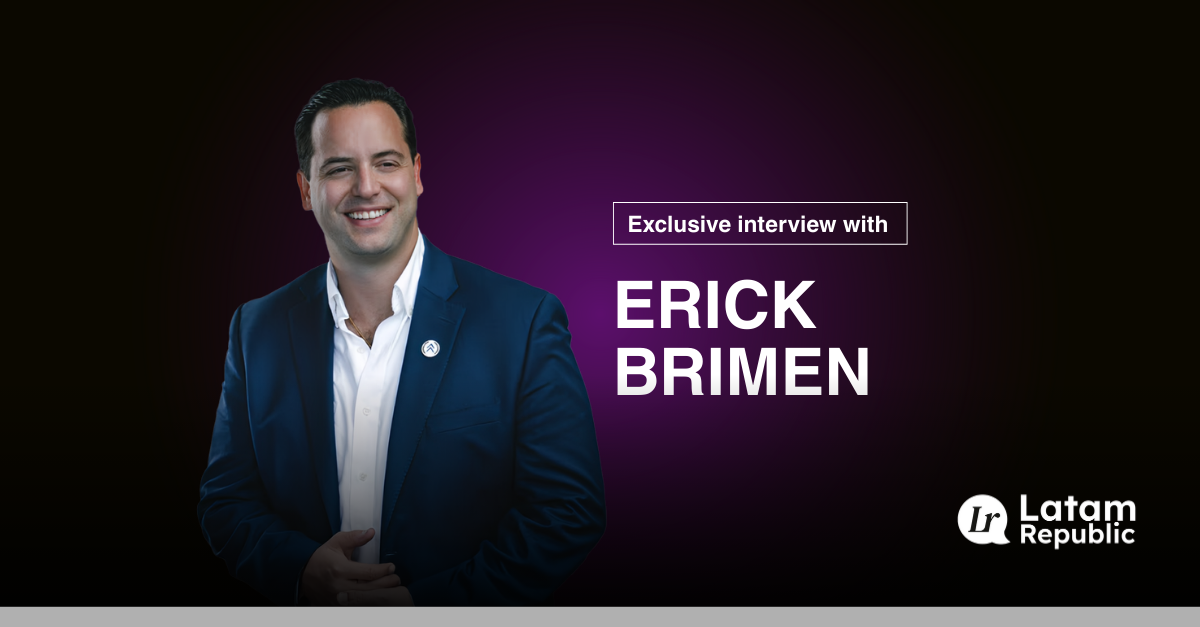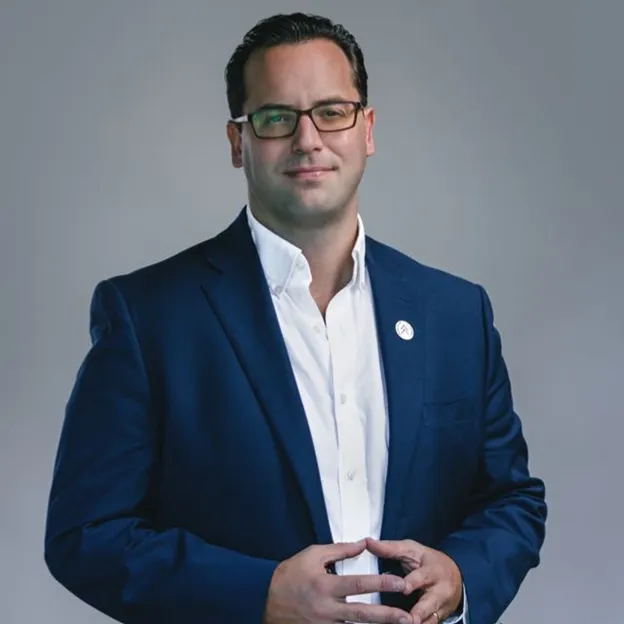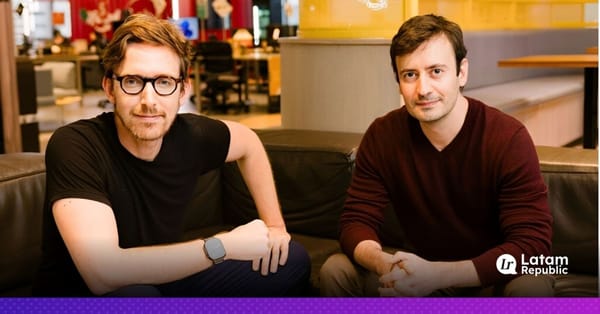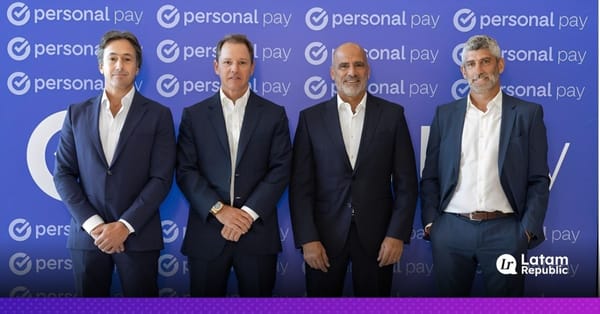Erick Brimen: The visionary behind Próspera in Honduras and his participation at the Volcano Summit
Discover Próspera Roatán, Honduras: Erick Brimen’s pioneering special economic zone redefining governance, freedom, and prosperity through innovation and entrepreneurial vision.

Imagine an island in the Honduran Caribbean, where a group of entrepreneurs decided to take on the impossible: building a community from scratch with its own governance model. This is not science fiction, but Próspera, a special economic zone in Roatán, Honduras, led by entrepreneur Erick Brimen.
With a background in finance and investment, Brimen believed in an idea that for many seemed utopian: creating an ecosystem where individual freedom, private property, and legal innovation were the foundation of prosperity. Today, that vision has become an international benchmark.

Who is Erick Brimen?
Brimen is a visionary entrepreneur and founder of Próspera Global, an innovative special economic zone located in Roatán, Honduras, that seeks to transform governance into a new industry and promote human prosperity through an advanced legal and regulatory framework. With a solid track record in finance, investment, and private equity management, Brimen combines his financial expertise with a bold vision for developing productive and equitable communities.
Recently, Erick participated in the Volcano Summit 2025, where he shared his experience in creating Próspera, emphasizing how conviction and faith in his ideals were fundamental in turning a radical project into a global-impact initiative. His talk, titled “The Power of Commitment: How Conviction Built a City and Caught the Eye of Coinbase”, inspired regional entrepreneurs to dream big and stay true to their values in the face of regulatory, economic, and social challenges.
After his presentation, Latam Republic had the opportunity to briefly interview Erick Brimen, exploring topics such as the inception of Próspera, the key moments that consolidated the viability of this governance model, and his approach to leading disruptive projects. Among the questions, two core aspects of his philosophy stood out: how to remain firm in the face of challenges and criticism, and what advice he would give Latin American entrepreneurs about the importance of dreaming big and betting on paradigm-shifting projects.
From a university idea to a reality in Roatán
Próspera was born from a bold vision of transforming governance into a new industry. What was the turning point when you realized this model could become a reality and not just an idea?
For me, the key moment came at Babson College, the university where I studied, when we started focusing on the idea of creating new cities with their own governance systems. This resonated with ideas I had been developing as a student, almost eight or ten years after graduation.
The university then launched a program called the Enterprise Cities Institute. As it took a more practical shape, we discovered that governments from different parts of the world were interested in hiring the university for advice on how to build new cities with independent governance systems. It soon became clear that someone would have to design and manage those systems, which necessarily implied establishing public-private partnerships.
The power of conviction
In your talk, you spoke about the power of conviction. How do you remain steadfast in your ideals in the face of regulatory, economic, or even social challenges that such a disruptive project entails?
First, my personal experience and intuition. Having been born in Venezuela, I have witnessed firsthand both poverty and the potential for human prosperity when the right conditions are in place. From my own experience, I know that people living in poverty can change their circumstances if they are given enabling factors. It’s not enough to simply say “get out of poverty.” If someone cannot start a business, work, or access credit, their willingness to work hard is not enough; the conditions must favor them. I know this from both intuition and lived experience.
Second, empirical evidence. In studying development economics, I observed how communities and countries have been transformed throughout history. Certain factors truly make a difference: geography, skin color, language, or region don’t matter; what matters is that, over a sustained period, those communities enjoyed a governance system that respected individual freedom, private property, free expression, and other fundamental principles of modern societies. When these principles are implemented, prosperity tends to emerge within ten, fifteen, or twenty years and eventually becomes widespread. History proves it.
Third, our practical experience. By applying these ideas daily, we have seen tangible results in a short time. For me, this is the golden thread: first I intuited it, history confirmed it, and now our actions demonstrate it. Once you prove it works, obstacles stop being roadblocks and become simply challenges to overcome, driven by the conviction that the path is the right one.
Your experience combines finance, investment, and now governance innovation. What message would you share with entrepreneurs in Latin America about the importance of dreaming big and betting on projects that, though risky, can change paradigms?
The advice is simple: plan, maintain structure, work with data, and focus efforts on generating results. The key is to stay true to your convictions, surround yourself with teams that share your vision, and have the patience to sustain it over time.
I believe the greatest mistake we can make in Latin America is settling for what already exists. Our region has talent, creativity, and a deep desire for progress, but too often we are held back by fear of risk or by environments that seem unfavorable.
My message to entrepreneurs is clear: dare to dream big. It’s not just about seeking a profitable business, but about creating projects capable of changing the rules of the game in our societies.
Yes, there will be regulatory, economic, and even social obstacles, but history shows that great advances are born from ideas once deemed impossible. Maintaining conviction, surrounding yourself with a team that shares that vision, and exercising patience are essential to sustain any ambitious project.
Latin America does not need small dreams; it needs bold projects that show the world that innovation is also possible from our region.




